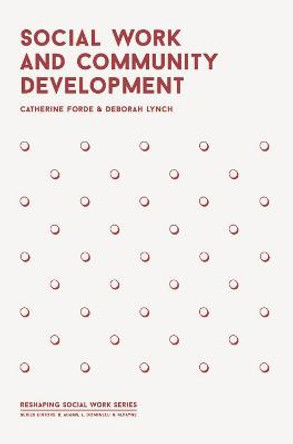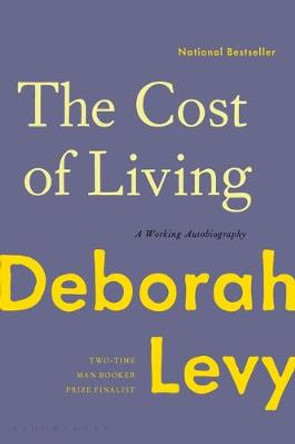Description
`Good to Talk? is an attempt to look critically at what lies behind this upsurge of concern about talk in our workplaces, classrooms and private lives, and it places these developments in historical context and relates their forms to the broader economic and social changes associated with globalization.
The book also poses questions about the social and political implications of talking about talking. Is `communication' the key to solving the problems of modern life? Are the lessons in talking that are offered to us now the ones we most urgently need to learn? Is it time to challenge the prevailing belief about what makes it good to talk?
About the Author
Deborah Cameron teaches at Oxford University, where she is Professor of Language and Communication. Her main research interests are in sociolinguistics, discourse analysis and the study of gender and sexuality; her previous publications include Working with Spoken Discourse (2001) and Working with Written Discourse (with Ivan Panovic, 2014), Good to Talk? (2000),The Myth of Mars and Venus (2007), and Verbal Hygiene (1995/2012).
Reviews
`This is one of those books - in my view the best kind of academic work - which takes a very specific phenomenon, and shows it to be the key issues of much larger significance.... I found this book entertaining, moving, inspiring, infomative, and intellectually stimulating. It jas altered my ideas about applied linguistics, and about what happens in my daily life' - Applied Linguistics
`Good to Talk demonstrates powerfully why it is increasingly not so good to talk. Deborah Cameron details how talk is increasingly "stylized", codified, standardized, and the subject of surveillance. Just as Michel Foucault demonstrated in the case of sex in the Victorian era, Cameron shows that there is entirely too much talk about talk' - George Ritzer, University of Maryland
`This is what an academic book should be: cool, well informed, and entertaining; a thought-provoking and dismaying study of how our everyday sense of talk as a social pleasure is now under threat from the ideology of talk as therapeutic and occupational duty' - Simon Frith, University of Stirling
'This wonderful work asks why so much contemporary energy is devoted to teaching people how to communicate properly - as if talking to one another were a technical accomplishment rather than an essential feature of human sociality. Cameron is an astute communication theorist (deceptively so, for she commits the sin of being readable) and when she writes about all-centre training it is hard not to weep'
Stephen Coleman
University of Leeds
". . .excellent: an innovative and insightful analysis. . .Cameron gives new direction to the literature on ideologies of English, beyond the examination of linguistic form and correctness issues."
-- Bonnie UrciuoliBook Information
ISBN 9780761957713
Author Deborah Cameron
Format Paperback
Page Count 224
Imprint SAGE Publications Inc
Publisher SAGE Publications Inc
Weight(grams) 350g






